NEWS - Often forgotten
Who we really can thank for the begging ban

Screenshot RTL
Since 2016, a lot has changed at RTL, as the example of the „begging ban“ shows. It no longer produces racism itself, but offers racism a platform in the name of pluralism of opinion.
The beginning of the new legislative period was dominated by the discussion around the mendicity ban. Interior Minister Leon Gloden had given the city of Luxembourg permission to enforce this ban, even though there were legal ambiguities. In addition to the legal debate, it is about the visibility of poverty in one of the richest cities in Europe. But it is also about the presence of anti-Gypsy and racist resentment in the discussions. According to this state mandate, RTL should reflect the plurality of opinions - but racism is not an opinion.
The „neutrality“ in the debate around the ban on the use of tobacco
All political parties and many associations and individuals from civil society have joined the discussions around the ban on begging. RTL accompanies the discussions with a multitude of articles, interviews and reports, and tries to assert itself as the most important discussion platform. Is RTL in a dilemma? Its own concession agreement does not oblige RTL to reflect the plurality of opinions, but also not to provide a platform for discrimination against people based on their social status, skin color and origin. But this discrimination is precisely what partly forms the basis for the discussion about the ban on the use of tobacco. „Heeschen: Harassment or Human Rights?“ is the title of the show „Kloertext“, a title that shows the balancing act that RTL is trying to achieve.
That the moderator Caroline Mart refers to some of the people named as „Aarem Louder“, or These people by RTL journalist Pierre Jans „called „Strummerte“ in good Luxembourgish“ are a sign of how difficult it is for RTL to find the right tone. The result of the attempt to remain „neutral“ about everything and yet control the discussions as a media monopoly leads to a strange kind of journalistic nihilism by RTL. A good example is the „Commentaire“ by RTL journalist Pierre Jans, from which the „Strummert“ quote comes. Here, Pierre Jans first tries, as seems to be obligatory at RTL, to praise, deplore and protect the police. Then the interests of the businessmen are defended. But in the end, it comes down to the realization that at least some of those who want to do deserve compassion and that „they are being trampled on“. There is no editorial line at RTL, no self-image as advocates for fundamental rights or humanism, but the claim to speak to the broadest possible audience and to gain their loyalty.
Racism - an opinion held by many?
In a video on „Apart-TV“, the city councillor and MP Simone Beissel told how she would „feed“ Heescherten. She attributed a change in the city’s image to the skin colour of „Roma and Sinti“, whom she identified as the problem. The fact that a MP and municipal official so clearly and openly spread her racism also led to reactions. Simone Beissel’s anti-Gypsyism is extensively discussed and criticized by a number of media outlets with editorial lines, including Wort, Tageblatt and also by radio 100komma7.
Finally, the number one media outlet, RTL, also reports and invites Simone Beissel to the studio. Instead of confronting Simone Beissel with her blatant racism, RTL is once again trying to remain a kind of neutral platform. „You found clear words there,“ „you spoke freely and directly“: Already in the intro, journalist Carine Lemmer offers Simone Beissel a series of relativizations. The uncritical approach surprises even Simone Beissel herself, who was in the studio for a mea culpa. She responds with: „Thanks for the introduction, you got straight to the point“ and then explains that „in the heat of battle, one makes mistakes“ and thus not only gets by, but is even rewarded. Title of the article on RTL is composed of quotes: „The problem is real, it won’t hurt me to apologize“
The interview clearly shows that Simone Beissel does not actually distance herself from her own statements. However, it is not targeted interview questions that expose Simone Beissel. It is the fact that she feels completely understood by the RTL journalist, who apparently even motivates her to make further discriminatory generalizations. Simone Beissel says live on the radio: „They [the Sinti and Roma] have a view of things that is problematic“, „They all have mobile phones and are well connected“ „The citizens of the city are being spied on and harassed“. Instead of Carine Lemmer now stepping in and naming anti-Gypsyism, she indulges in pseudo-objectivity: „How should the police deal with this, do the police have to look at skin color and language?“ asks Carine Lemmer. Simone Beissel replies: „Mrs. Lemmer, you also walk through the city, you see from 30 meters what kind of people are sitting on the ground, how they behave and what they are like“. No reaction from Carine Lemmer so Simone Beissel continues and philosophizes about being able to lock up or expel the Sinti and Roma: „Let’s put them on the border. But since the borders are open, the risk is that they will be there again immediately“.
Who invented it?
What is forgotten in the debate about the begging ban: the controversy was started by RTL itself. Not at the end of last year, but years ago. In 2015, RTL, and especially the then RTL journalist and current ADR politician Dan Hardy, launched a downright campaign after the masses had already been riled up. One headline from RTL at the time was, for example, „The Heescherte are becoming increasingly bold“. On RTL’s side was Gaston Vogel, whose letters to the city council were republished by RTL every time. Because of one of those letters, there was even a complaint against Gaston Vogel - and against RTL. If you look at RTL reports from that time today, you can see how RTL had already covered all the issues and arguments at the time, including the racist prejudice against Sinti and Roma, who were even spied on with hidden cameras.
The new face of the old RTL
At the end of 2016, a new era began for RTL with the Lunghi affair and the negotiations surrounding the new concession agreement with the state. RTL was to move away from the sometimes aggressive opinion machinery. A kind of unprincipled platform was to emerge, with as little attack surface as possible, oriented towards what RTL perceives as the Luxembourg mainstream. RTL was mainly concerned with securing its own market dominance and thus its own business model and collecting millions from the state - everything that RTL itself could do as a subject of discussion was to disappear. But nothing has disappeared.
Apart-TV, the channel on which Simone Beissel was able to explain her views on the Sinti and Roma, is a project of ex-RTL journalist Marc Thoma. Gaston Vogel is now publishing his letters on the blog of ex-RTL editor-in-chief Guy Kaiser, who is himself also involved in the debate on the begging ban. The old RTL does not only exist outside, but also within RTL, for example with the sometimes open racist campaigns of RTL journalist Monique Kater on the situation in the Gare district. Overall, RTL now has a more polished surface. This should not be misunderstood, however: it is not that RTL now sees itself as a defender of fundamental rights and the values of a democratic society. RTL has only modernized itself on the outside in order to remain exactly as they are on the inside. RTL is of course not letting the opportunity to keep the public on its toes with a polemic at the expense of minorities slip away today.

















